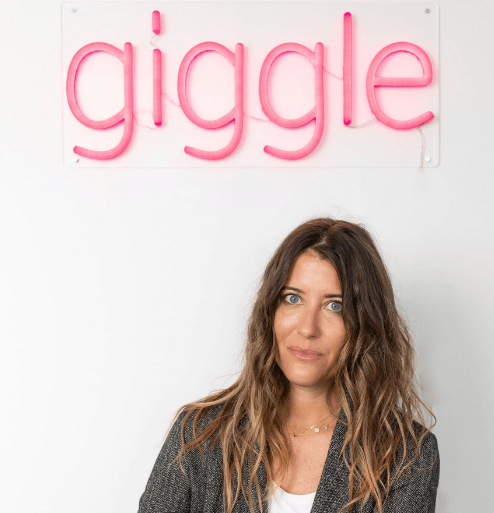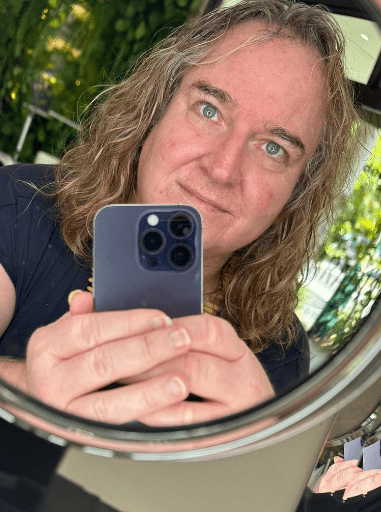In a groundbreaking legal battle that has thrust the debate over gender back into the spotlight, Roxanne Tickle, a transgender woman hailing from regional New South Wales, is taking legal action against Giggle for Girls and its CEO, Sall Grover, alleging unlawful discrimination after being barred from accessing the women-only social media platform.
Grover’s admission that she had no qualms about blocking Roxanne Tickle from her Australian-based women-centric app, Giggle for Girls, has ignited a firestorm of controversy.
“It did not register, as we get men trying to enter all the time,” Grover told Al Jazeera.

Refusing to acknowledge transgender women as women, Grover’s justification stems from her decision to maintain her app exclusively for “cisgender” women, aligning with their birth sex.
Tickle, who identifies as a woman, asserts her legal entitlement to access services designated for women, decrying her treatment as discrimination based on gender identity.
Her legal pursuit under Australia’s Anti-Discrimination Act, backed by a 2013 amendment incorporating gender identity as a protected category, places the pivotal question of defining womanhood squarely in the courtroom.
The contentious case, Tickle v Giggle, is being closely monitored worldwide, emblematic of the protracted struggle for transgender rights. Tickle seeks $200,000 Australian dollars in compensation, with the outcome poised to redefine societal perceptions of gender.
For trans activists, a favourable ruling for Tickle would signify validation after enduring systemic marginalisation. Conversely, proponents of “gender-critical feminism” rally behind Grover, advocating for the preservation of female-only spaces based on immutable biological distinctions.
Following extensive deliberations at the Federal Court of Australia in Sydney, a verdict is anticipated within three to six months, casting a long shadow over the future of gender inclusivity in digital spaces.
Grover, the mastermind behind Giggle, conceived the platform in 2020, envisioning a sanctuary free from the relentless onslaught of online abuse. Investing a staggering $500,000 Australian dollars into its development, Grover adamantly contends that transgender women such as Tickle have no place within her “women-only” sanctuary.

Tickle’s journey, including medical transitions and legal documentation affirming her gender identity, highlights the inherent complexities of gender recognition.
In a poignant moment during closing arguments, Tickle’s barrister, Georgina Costello, pointed to the essence of the case: “The evidence will show that Ms. Tickle is a woman. She perceives herself as a woman. She presents herself as a woman.”
As the federal court deliberates, Justice Robert Bromwich faces the weighty task of navigating uncharted legal terrain, grappling with fundamental questions of identity and equality in the digital age.

